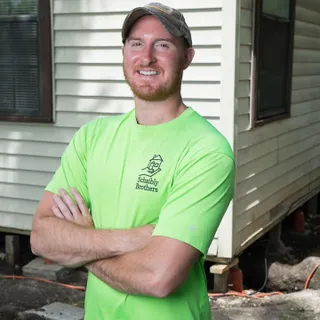
Understanding the Soil in Rockwall: How It Impacts Your Home's Foundation

Curtis Schaibly Published: October 30th, 2023
Understanding the Soil in Rockwall: How It Impacts Your Home's Foundation
Rockwall, Texas, like many regions, has a unique soil composition that plays a significant role in the stability and health of a home's foundation. In this article, we'll delve deep into the types of soil found in Rockwall and explore how they can affect foundations. Additionally, we'll discuss ways to manage and mitigate potential issues arising from soil-related challenges.
The Soil Types in Rockwall
How Soil Affects Foundations
Mitigating Soil-Related Foundation Issues
In conclusion, while the soil in Rockwall poses its unique challenges, understanding its characteristics and being proactive in maintenance can go a long way in ensuring the longevity and stability of your home's foundation. If you suspect any soil-related foundation issues, it's always best to consult with a local foundation expert.
Ready to start the repair process? Request a free estimate today.
Related Articles
The Foundation Repair Process: What to Expect When you discover signs of foundation problems in your home, it can be overwhelming....
Continue Reading